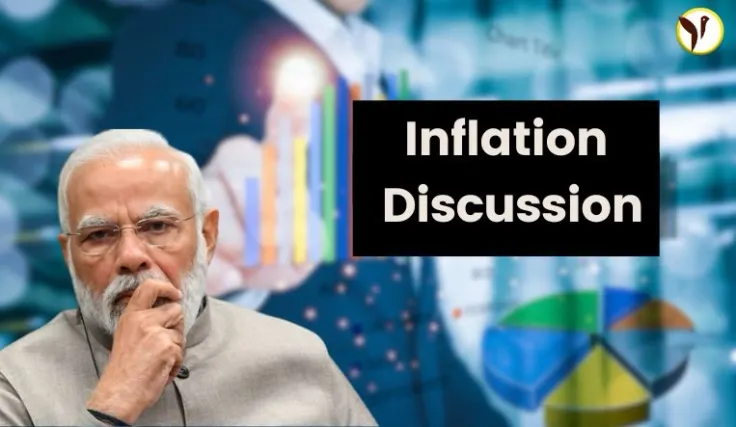The members in the meeting highlighted the urgent need for G20 countries to work together to control inflation without compromising the interests of other members. Modi highlighted the value of Central Bank transparency and timely disclosure of actual policies in order to ensure that individual countries' anti-inflationary actions do not harm others.
The US Federal Reserve has raised interest rates significantly, but inflation remains stubborn. Additional rate hikes to control inflation may have an impact on markets like India by increasing the value of the dollar.
India's Reserve Bank Governor, Shaktikanta Das, anticipates that inflation in India may begin to ease in September, but not without warning. Modi also highlighted measures taken by his government to control rising prices, such as reducing LPG prices, imposing export restrictions, and selling food items in the open market.
He highlighted India's commitment to making life easier for its residents by predicting that the country's inflation rate would be two percentage points lower than the world average in 2022. The enhanced attention on international policy coordination follows a call made by then-Prime Minister Manmohan Singh in 2013, when fears of a US Federal Reserve boost terrified emerging economies, including India.
Singh highlighted the significance of an orderly exit from innovative monetary policies in order to protect emerging economies' growth potential. As the G20 enters its 25th year, Modi is encouraging reflection on the organization's goals and achievements.
He connected this event to the necessity for examination in all institutions, drawing comparisons with the United Nations' 75th anniversary. Given the difficulty of globalizing inflation policies, the world is waiting to see how the G20 navigates this complex terrain of international economic coordination.
Also read, Indian Sugar Prices Reach Six-Year High Due to Production Concerns







